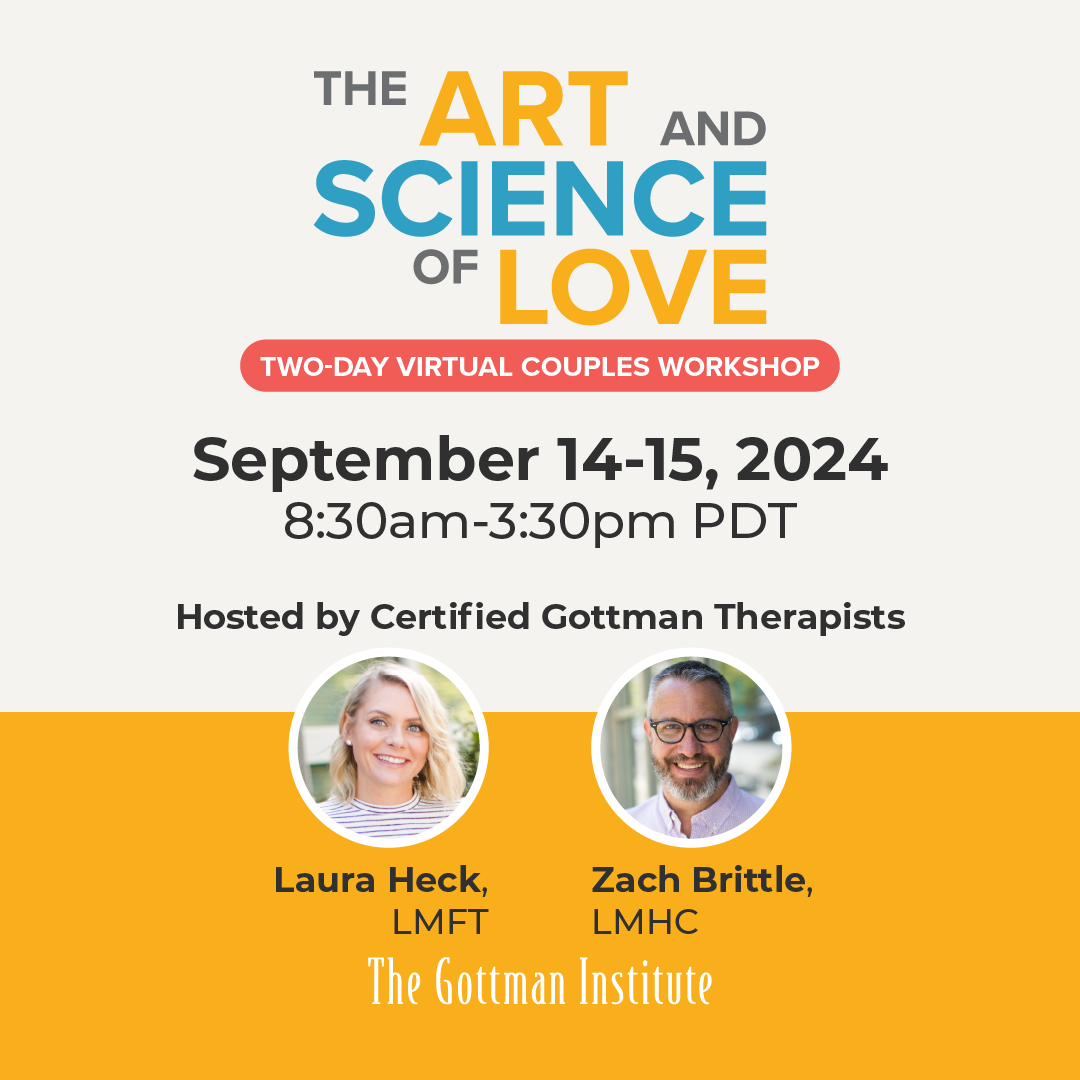A few days ago, the following article came to our attention. Posted by James Sheridan of the News Sentinel, it discusses the impact of behavioral economics on relationships, particularly between married couples. While citing research conducted by Szuchman and Anderson on the phenomenon of loss aversion in the field of behavioral economics, he commends Dr. Gottman for his insights into ways for vanquishing our cognitive demons. Our maladaptive human tendencies to allow loss-aversion and similar cognitive phenomena to chip away at our relationships are unavoidable. However, we do not have to accept the stress and tension that they create, or allow them to continue destroying our abilities to clearly see what truly matters to us! In the following piece, Sheridan describes the cutting edge of relationship research, the scientifically proven models and methods of fighting loss-aversion identified independently by Dr. Gottman, Szuchman, and Anderson. Take a glimpse into the fascinating confluence of their research below!
Marriage Advice:
Avoid Loss Aversion In Arguing
A column by James Sheridan
No one likes to lose.
Paula Szuchman and Jenny Anderson explain in “Spousonomics” that research demonstrates “our aversion to loss is so intense it leads us to behave in strange, often destructive ways.” In our minds, “losing hurts twice as much as winning thrills.” We “have to win $200 to make up for the pain of losing $100.”
Loss aversion can be a problem in marriages. Szuchman and Anderson explain that spouses will invest so much into their disputes that neither one can stand the thought of losing.
Even when spouses know they’re repeating themselves and no progress is being made, 53 percent kept arguing anyway. Amazingly, 34 percent said they kept fighting even after they couldn’t remember what they were arguing about. And 34 percent also said they kept fighting “even after they know they’re wrong.” The fear of losing ends up compounding long-term losses in marriage.
The key to avoiding loss aversion is recognizing your marriage is more valuable than the issue you are arguing about. But we forget this in the heat of the moment, when we’re obsessed with not wanting to lose.
Expert John Gottman reports arguments that aren’t going well after 3 minutes probably won’t be going any better after 3 hours, unless something changes. Loss aversion has probably already set in. Szuchman and Anderson, as well as Gottman, suggest the change should involve taking a “time-out.”
The rules of a time-out are simple. First, either of you can call a time-out. Second, the person calling the time-out has to set a time-in, never more than 24 hours later (even 20 to 30 minutes is often long enough). Time-outs aren’t for practicing your arguments. Instead, think about the good in your marriage, what “led to all that anger” and how you might come to a solution with love and respect.
Another aspect of loss aversion is “the endowment effect.” Szuchman and Anderson describe this as our tendency to “put an irrationally high value on our own stuff.” Things we’ve had for years, we see as “priceless” and can’t understand why our spouse wants it thrown out.
The answer for the endowment effect comes in “reframing the question.” Instead of focusing on what you’re “losing,” consider what you’re gaining. Are you losing something sentimental (that old chair) or gaining a chance to buy something new and strengthen your marriage?
Szuchman and Anderson also warn of another aspect of loss aversion, the “Status Quo Bias.” We’re wired “to strongly prefer the known and familiar over the unknown and unfamiliar.” Moving away from the status quo typically makes us feel bad.
For example children begin arriving a few years after the marriage. Many couples look back on the “independent years” when the status quo meant being free to do as they wished when they wished. Now they’re tied to the needs of their infant children.
One solution is what Szuchman and Anderson call “active decision-making” — taking “an active role in the decisions that affect your life.” This includes consciously deciding to “reset the status quo to the present time.”
Active decision-making makes it easier to accept the new “normal,” which includes the joys of parenthood or any other new reality, with less stress, less sense of loss and fewer arguments over “what we had and how we need to get back.”
Your marriage will be stronger by avoiding the problems of loss aversion. Using time-outs, recognizing the problem of the endowment effect and making conscious decisions about life-changing events will reduce the risk of multiplying your losses in your marriage by excessive loss aversion.










